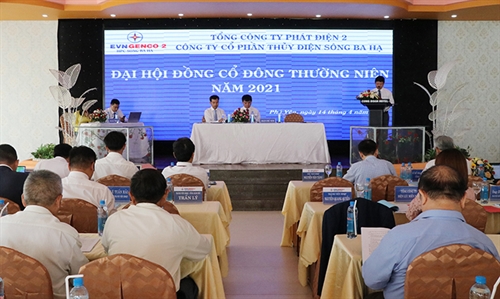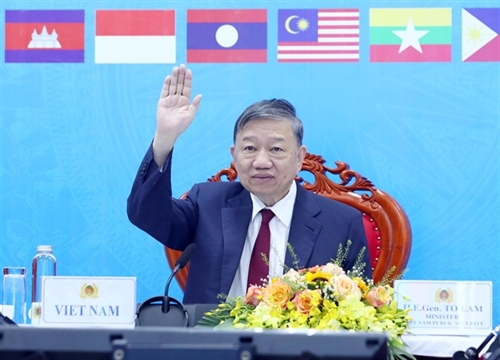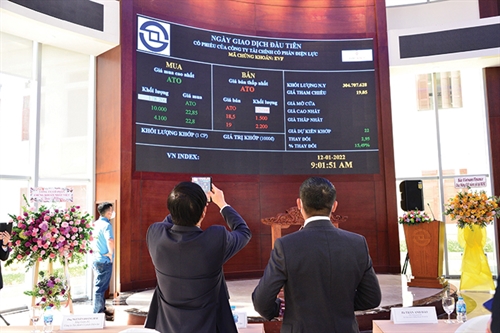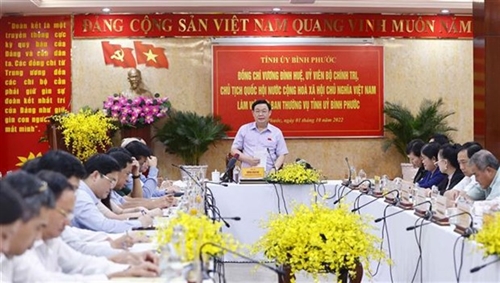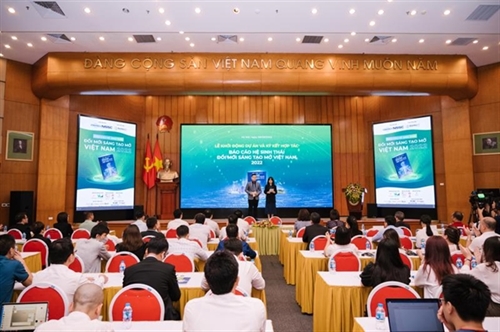All domestic and foreign radio and TV service providers operating in Vietnam will compete on a level footing and are equal before law.
This is the target set by the Government when revising Decree 06 of 2016 on management, provision and use of radio and television services. The new decree, coded 71/2022/ND-CP, which amends 15 out of 32 articles of Decree 06, is expected to better manage and promote the development of Vietnam’s pay television market in line with global trends, while creating a level playground for both domestic and foreign radio and television service providers.
According to the Ministry of Information and Communications’ Authority of Broadcasting and Electronic Information, since 2018, Internet-based radio and television services, which are known as over-the-top (OTT) services, have started to bloom in Vietnam with the presence of such foreign providers as Netflix, AppleTV and WeTV, among others, with various forms of service provision. However, Decree 06 fails to keep pace with this development, leading to the situation whereby domestic businesses are placed under strict management while cross-border service providers are omitted. As a result, some negative phenomena have occurred. As OTT and on-demand radio and television contents provided by foreign enterprises are not required to be edited, classified and display audience warning like those provided by domestic businesses, there appear here and there contents distorting historical facts, denying revolutionary achievements, infringing upon national sovereignty, or going contrary to fine customs and traditions of Vietnam.
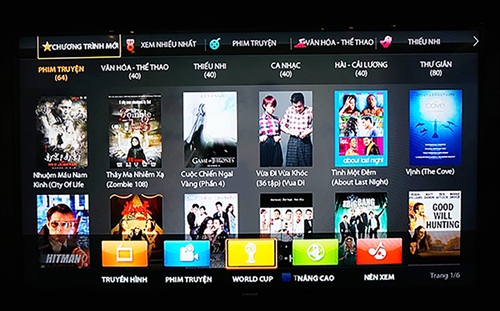 |
| On-demand radio and television services have become familiar to almost Vietnamese families__Photo: https://tongdaifpt.com.vn |
Stricter management over cross-border radio and TV services
Compared to Decree 06, the scope of radio and television services governed by Decree 71 is wider, covering also on-demand radio and television contents.
Under the new Decree, radio and television services means delivery of the whole television and radio channels, on-demand radio and television contents, and value-added service contents to service users through transmission and broadcast technical infrastructure.
Radio and television services may be provided directly to service users without going through storage or relay devices (online radio and television services) or on particular demand of subscribers (on-demand radio and television services).
Worthy of note, Decree 71 revises Decree 06’s Article 5.4 toward requiring that the provision and use of radio and television services in the country, including also OTT radio or television services provided across the border to users in Vietnam, must comply with relevant laws of Vietnam, i.e. the Decree itself and other regulations.
However, the new rule specifies that OTT and on-demand radio and television service providers are not required to deliver national and local political and essential public information channels to their subscribers.
Copyright
As for copyright, Article 22.1 of Decree 06 allowing domestic political and essential information channels to be relayed and broadcast on radio or television services in the Vietnamese territory without having to obtain consents of copyright holders. This provision is now revised under the new Decree which stipulates that domestic political and essential information channels may be relayed and broadcast on radio and television services in Vietnam but must abide by the agreement on signal reception points between press agencies licensed for radio or television operation and service providers.
Moreover, Article 22.3 of the new Decree contains a provision requiring on-demand radio and television contents and contents of value-added services to satisfy the copyright requirements. Specifically, content/service providers must possess documents proving their lawful ownership of copyright in accordance with law, ensure the integrity of programs and movies, covering also names and logos of the channels on which the programs or movies have been shown, and observe contracts or agreements on copyright, and integrity of program contents after being edited and classified.
Editing, classification and translation requirements
Article 19 of Decree 71 requires the editing of foreign on-demand radio and television channels to comply with Vietnam’s laws on press, cinematography and advertising and other relevant regulations, and preserve the authenticity of the Vietnamese language.
Specifically, foreign on-demand radio and television contents will be edited, translated and classified into three groups:
(i) News and programs on political issues, national defense, security, and economic and social affairs, which must be produced and edited by press agencies licensed for radio or television operation before being delivered to subscribers;
(ii) Films;
Particularly for films which have not yet obtained film classification licenses or broadcasting decisions, service providers have to classify such films according to film classification criteria set by the Ministry of Culture, Sports and Tourism (MCST), provided that the service providers satisfy government-prescribed conditions for film classification and take responsibility before law for contents and classification results; otherwise, service providers will request the MCST or agencies assigned by the MCST to do so.
(iii) Sports and entertainment programs, which must be edited and classified before being delivered to service users with the display of audience warnings as prescribed by the Ministry of Information and Communications.
Compared to Decree 06 which requires all on-demand contents to be edited by press agencies licensed for radio and television operation before being provided to subscribers, the new rule is more relaxing. Now, on-demand radio and television service providers may themselves edit, translate and classify films and sports and entertainment programs as long as they are qualified to do so.
Highly welcoming the new provision, Han Viet Linh, Deputy Chief of the Office of the VTV Cable Joint Stock Company said that allowing domestic pay-television providers to edit and translate films and sports and entertainment programs by themselves will help them compete with cross-border OTT enterprises.
Speaking at a recent press conference held to introduce the new Decree, Deputy Minister of Information Communications Nguyen Thanh Lam said the promulgation of Decree 71 aims to reduce administrative procedures for, while imposing the same conditions on, both domestic and foreign businesses. “This will enable us to enjoy radio and television services as well as other cultural products on the cyber environment in a safer manner at reasonable costs”, he stressed.
According to the Ministry of Information and Communications, Vietnam has about 16.9 million pay-television subscribers, of whom 3.9 million are OTT subscribers, an increase of around 30 percent compared to the figures of 2016 (13.1 million). In 2021, total collected charge for pay-television services was around VND 9,000 billion (USD 379 million), an increase of 22.7 percent compared to that of 2016.
The country currently has 198 domestic television channels, 78 domestic radio channels and 59 foreign television channels.-
